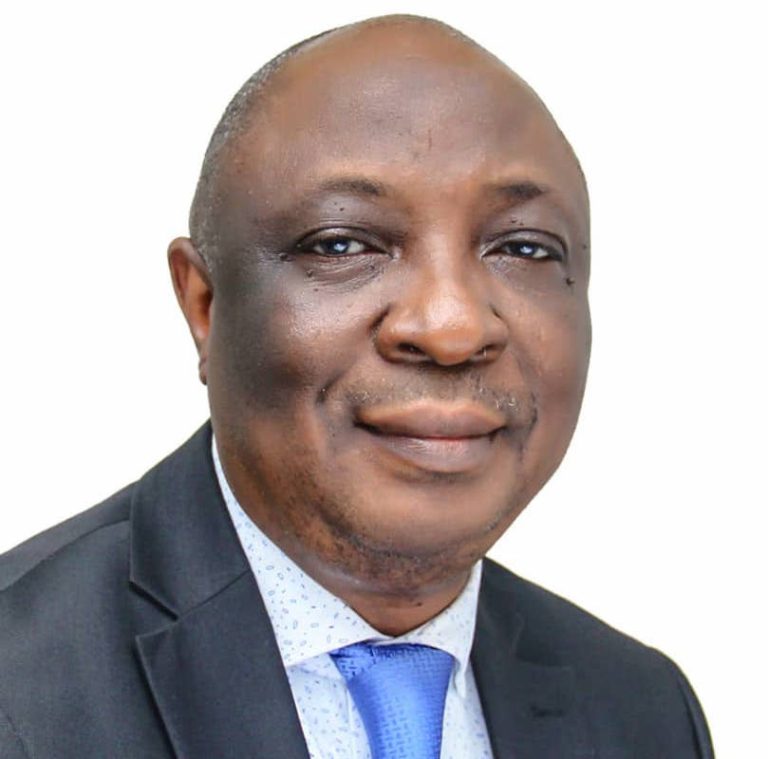• NASS’ll collaborate with executive to deliver realistic 2025 budget – Akpabio
From Adesuwa Tsan, Abuja
To quickly alleviate the economic hardships on Nigerians, President of the Nigerian Economic Society (NES), Professor Adeola Adenikinju, has urged the Federal Government to prioritise direct cash transfers to the poor and significantly increase capital spending in the proposed 2025 budget.
Professor Adenikinju, economist from the University of Ibadan, made this position known during an interactive session on the 2025 Appropriation Bill organised by the Senate Committee on Appropriations, yesterday.
The session was an open day event organised to receive input on the N49.7 trillion budget proposal from stakeholders. It brought together federal lawmakers, economic experts and civil society representatives to scrutinise the fiscal plan.
At the stakeholders’ engagement on the 2025 budget, the first of its kind in the National Assembly, Adenikinju explained that cash transfers to the poor would have an immediate impact on alleviating economic hardships, while heavy spending on capital projects is critical for job creation and sustainable economic growth.
“While Nigeria faces significant revenue challenges, the 2025 budget presents an opportunity to unlock the country’s economic potential.
“Targeted cash transfers to the poor and increased investment in infrastructure can significantly reduce poverty and create employment opportunities.”
In his remarks, Senate President, Godswill Akpabio, assured that the National Assembly will collaborate with the Executive to deliver a realistic and implementable 2025 budget.
Akpabio, who said the budget would be reflective of shared national priorities noted that by coming together, the government, private sector and citizens could go far in crafting a budget that would not only meet immediate needs but also build a resilient and inclusive economy.
This, according to him, will be a demonstration of the fact that governance is not a solitary endeavour but a collaborative mission.
“Let us, therefore, deliberate, in order to craft a budget that embodies the aspirations, struggles and dreams of our people; a budget that restores faith and renews hope.
“Together, we must ensure that this budget is not a mere ledger of revenue and expenditures but a living document that prioritises the welfare of every Nigerian,” he said.
Chairman, Senate Committee on Appropriations, Solomon Adeola, assured that every naira allocated for the 2025 Budget would be strategically invested in projects and programmes that would tangibly improve the lives of Nigerians.
Adeola said that there was no incident of budget padding in the 2024 Appropriation Act.
“The unfounded allegations of missing N3 trillion misrepresented the facts on the funds appropriated for agencies whose funds are on the first-line charge.
“It is important to remind us all that the Constitution of the Federal Republic of Nigeria vested in the National Assembly appropriation rights and powers over public revenues and expenditures,” he said.
The senator stated that the executive had based the realisation of the 2025 budget estimate on some economic assumptions.
“Inflation is projected to decline from an average of 27.85 per cent in 2024 to 15 per cent in the current year. Exchange rate will also stabilise at N1,500 to $1 in the year.
“Given the importance of these economic variables to the 2025 budget, the Appropriations Committee will engage the relevant MDAs and other stakeholders to determine the feasibility or otherwise of these assumptions.
“Where these economic assumptions are retained in the 2025 budget, we will follow up critically with the relevant MDAs all year round,” he said.
Adeola said these efforts would be made to ensure that the assumptions were realised for effective implementation of the budget.
Minister of Budget and Economic Planning, Atiku Bagudu, however, argued that the best approach to combating poverty is through policies that promote business growth and economic activities.
“Supporting business activities is the most sustainable way to reduce poverty. Empowering businesses creates jobs, which in turn alleviates poverty on a larger scale.”
The interactive session also highlighted the importance of collaboration among lawmakers, economic experts, and other stakeholders in shaping Nigeria’s fiscal direction.
